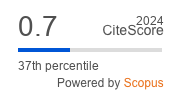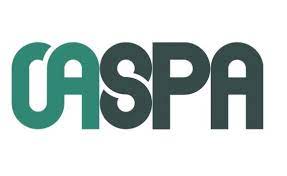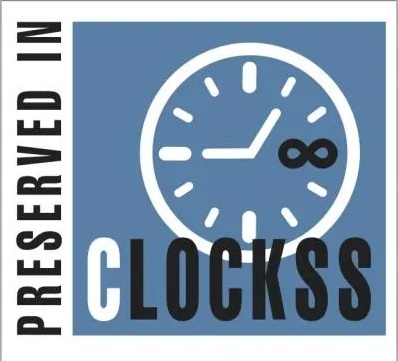Irritable Bowel Syndrome: The Most Common Presentation, Severity Ranking and Therapeutic Regimens among Patients Attending Outpatient
DOI:
https://doi.org/10.47723/kcmj.v16i1.183Keywords:
IBS, diarrhea, constipation, anxiolytic, antispasmodicsAbstract
Background: Irritable bowel syndrome (IBS) is one of the most common GI disorders in people under 50 years of age.
Objective: To Formulate an overview about demographics of IBS and patterns of presentation, to determine IBS patients severity ranking, and to recognize the main regimens with their patient satisfaction.
Methods: This is a cross sectional clinical study that is conducted in Outpatient Consultant Internal Medicine Clinic in Al-Kindy Teaching Hospital from 11/12/2017 to 24/12/2017. The patients suffering from IBS are diagnosed by a consultant according to the symptom-based Rome criteria for functional GI disorders, by implementing a questionnaire collecting thorough information. 77 cases of IBS patients were collected (24 male and 53 female).
Results: This study revealed that majority of patients were female (68.8%). Most of the patients were married, employees and housewives, aged between (20-30 yrs). Most patients use anxiolytics, muscle relaxants and proton pump inhibitor. There is a high IBS prevalence among low educational level (high school graduates and non-school graduates).
Most patients in our study had constipation.
Aggravating factors Psychological factors (stress) are intrinsically associated with IBS and symptoms in a large percentage of patients.
Antispasmodics usage in our study show high effectiveness for IBS patients especially those with crampy abdominal pain and diarrhea.
Conclusions: Diagnosing and managing IBS can be a big challenge since many drugs used to reduce symptoms and severity, but also, they could be unnecessary medication that could aggravate bowel symptoms and have adverse effects on the long term.














